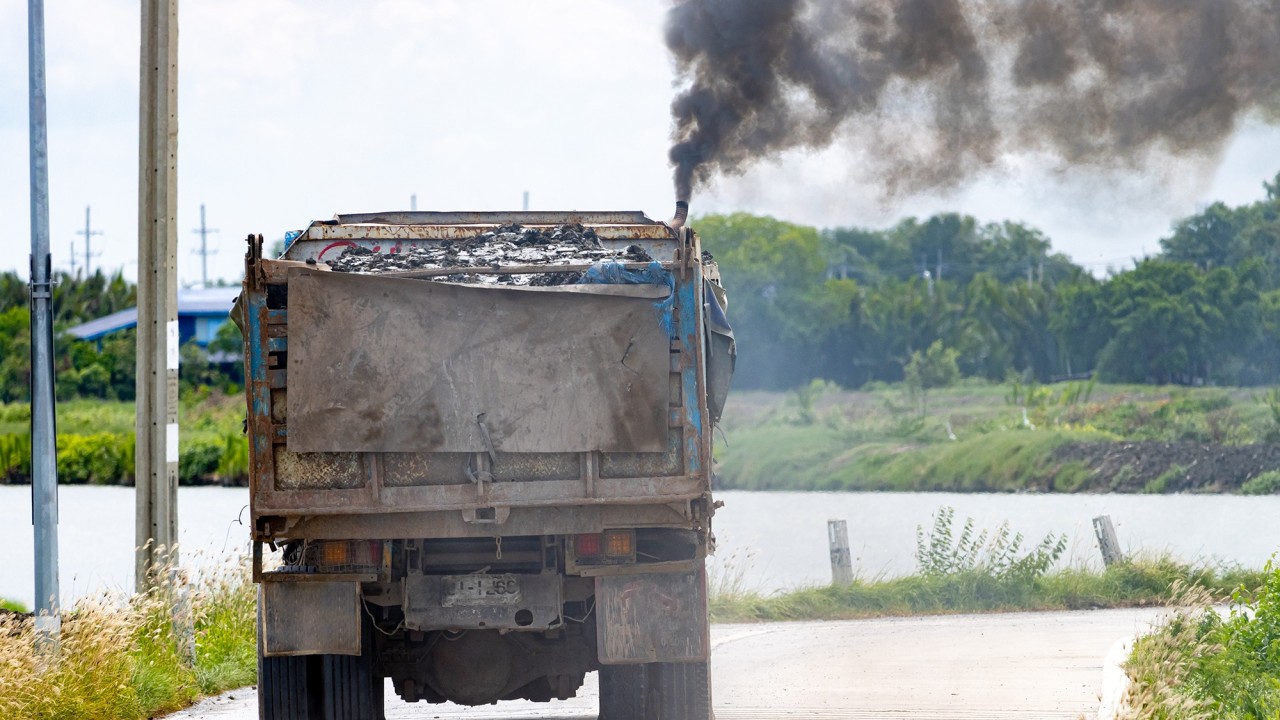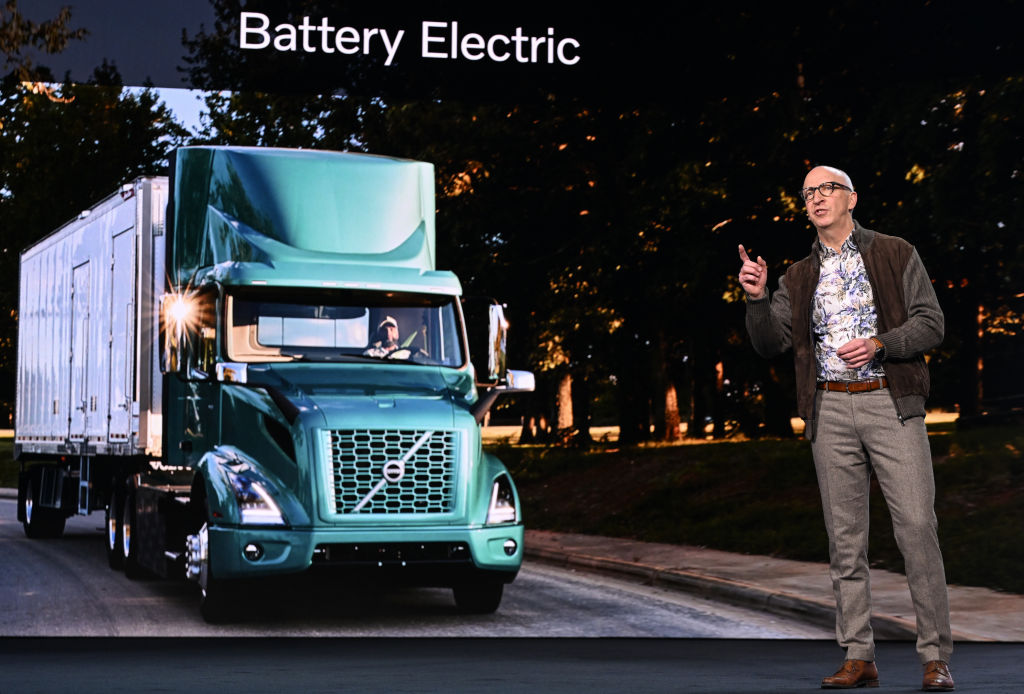After nearly a month, Daimler has resumed sales, citing a “misunderstanding” about how electric vehicle credits are calculated. But the bigger issue remains:
This was never about confusion—it was about resistance. Daimler is the world’s largest truck manufacturer, yet instead of leading on clean trucks, it continues to challenge policies designed to reduce harmful emissions.
Daimler thinks “Dirty Diesel” is offensive—the reality is, diesel kills
Daimler claims that calling diesel “dirty” is offensive. But what’s actually offensive is the fact that diesel pollution kills people every day.
Diesel pollution has a major public health impact. In Oregon, medium- and heavy-duty trucks make up just 13% of vehicles on the road but are responsible for:
- 42% of global warming emissions
70% of nitrogen oxide (NOx) pollution, which is linked to asthma and respiratory diseases
64% of fine particulate matter (PM2.5), a major contributor to premature deaths and chronic illnesses
The business case for action is clear:
- The ACT rule provides market certainty—the very thing Daimler says is necessary for investment.
- Diesel trucks are only cleaner today because of decades of regulation, not voluntary corporate action.
- Daimler reported over $4 billion in profits last year. Investing in cleaner, more affordable electric trucks is not a financial burden—it is a necessity for long-term market leadership.
Meanwhile, Daimler claims there isn’t enough charging infrastructure—yet it is a co-owner of Greenlane, a joint venture building electric truck charging corridors. Instead of making excuses, Daimler should be leading infrastructure investment. Activate PACT and accelerate Greenlane.
As more states adopt ACT rules, leading fleets and logistics companies are demanding zero-emission options. Daimler has the resources to drive this transition forward. The question is whether it will lead or continue to delay.


